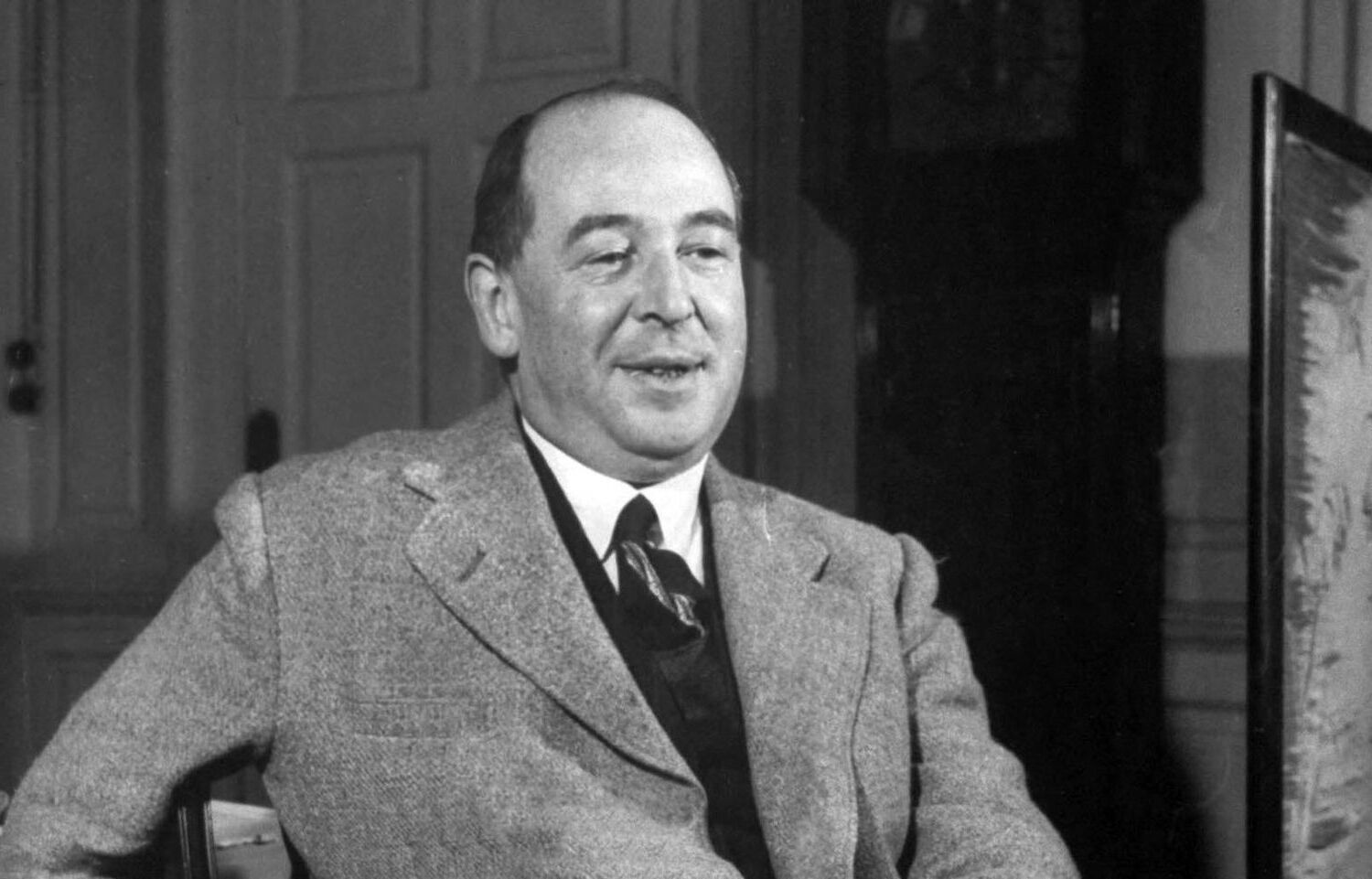
Cheating is a topic that has intrigued and fascinated people for centuries. Whether it’s in relationships, academics, or even sports, the act of cheating carries a certain allure and mystique. We’ve all heard stories or experienced firsthand the devastating effects of cheating, but what do we really know about this phenomenon? In this article, we’ll delve deep into the topic of cheating and uncover 20 intriguing facts that you may not have known. From the psychology behind cheating to famous historical cases, we’ll explore the various aspects of cheating that will leave you both astounded and informed. So sit back, relax, and prepare to delve into the world of cheating as we explore these eye-opening facts.
Key Takeaways:
- Cheating is widespread and can happen in different areas of life, like relationships and academics. It can have serious consequences, but trust can be rebuilt with effort and communication.
- Cheating isn’t just about physical contact; emotional affairs and financial infidelity also count. It’s not the only solution to problems, and can lead to self-reflection and growth.
Cheating is a widespread phenomenon.
Cheating is not limited to a specific gender, age group, or culture. It occurs in various forms and is prevalent in different aspects of life, including relationships, academics, and sports.
The internet has made cheating easier.
With the accessibility of the internet, individuals can easily find resources and solutions to cheat in exams, plagiarize academic work, or engage in online infidelity.
Cheating can have serious consequences.
When caught, cheating can lead to damaged relationships, loss of trust, academic penalties, job terminations, and even legal consequences depending on the context.
Emotional affairs can be considered a form of cheating.
Emotional affairs involve emotional intimacy with someone outside of a committed relationship and can breach the boundaries of trust and loyalty.
Cheating is not always premeditated.
Some individuals may find themselves in compromising situations where they make impulsive decisions to cheat, without prior planning or intentions.
Cheaters often exhibit behavior changes.
Increased secrecy, sudden defensiveness, and changes in mood or routines are common signs that someone may be cheating.
Cheating can be a result of dissatisfaction or lack of fulfillment.
In some cases, individuals may cheat as a means to fulfill emotional or physical needs that they feel are not being met in their current relationship.
Financial infidelity is a form of cheating.
Financial infidelity occurs when one partner hides financial transactions, lies about debt, or misuses shared funds without the knowledge or consent of their partner.
Cheating can become addictive.
Some individuals engage in repetitive cheating behaviors, seeking the thrill and excitement it provides, which can lead to a cycle of infidelity.
Technology has created new opportunities for cheating.
Advancements in technology have introduced new avenues for cheating, such as dating apps, social media interactions, and encrypted communication platforms.
Trust can be rebuilt after cheating, but it takes time and effort.
Rebuilding trust after cheating requires open communication, transparency, and a willingness to address the underlying issues that led to the infidelity.
Cheating can be a result of low self-esteem.
Some individuals may cheat as a way to boost their self-esteem or seek validation from others, using external sources to fulfill their emotional needs.
Cheating can be emotionally devastating for the betrayed partner.
The discovery of cheating can lead to feelings of betrayal, heartbreak, anger, and a significant loss of self-esteem for the person who has been cheated on.
Cheating can be a cry for help in a relationship.
Some individuals may resort to cheating as a way to communicate their unhappiness or dissatisfaction in their current relationship, hoping for a change or attention.
Cheating is not always about physical contact.
Emotional cheating, where individuals form close emotional connections with someone outside their relationship, can be just as harmful as physical infidelity.
Cheating is not a reflection of the betrayed partner’s worth.
Being cheated on does not imply any shortcomings on the part of the betrayed partner. Cheating is a choice made by the cheater and is not a reflection of the other person’s value.
Cheating can happen in friendships.
Friendships can be affected by cheating, such as spreading rumors, betraying confidences, or intentionally undermining the trust and bond between friends.
Cheating can occur in the workplace.
Workplace cheating involves dishonest behaviors such as lying on expense reports, taking credit for others’ work, or engaging in unethical practices for personal gain.
Cheating can lead to self-growth and reflection.
For individuals who have cheated, it can serve as a wake-up call to analyze their actions and make positive changes in their behavior and relationships.
Cheating is not the only solution to relationship problems.
Instead of resorting to cheating, open and honest communication, seeking professional help, or reevaluating the relationship may provide healthier alternatives to address issues within a partnership.
Conclusion
Cheating is a prevalent issue in relationships that can have profound impacts. These 20 facts about cheating shed light on the various aspects of infidelity, from its causes to its consequences.
It is crucial to remember that not all relationships experience cheating, and trust can be built and maintained through open communication and mutual respect. By understanding the factors that contribute to cheating and fostering healthy relationship dynamics, we can strive for happier and more fulfilling partnerships.
Ultimately, it is essential for partners to work together to create a foundation of trust, honesty, and loyalty, ensuring a strong and enduring connection.
FAQs
Q: What are the leading causes of cheating?
A: Cheating can be triggered by factors such as lack of emotional or physical satisfaction, unresolved conflicts, or a desire for novelty and excitement.
Q: Can cheating be forgiven?
A: Forgiveness is possible, but it requires open communication, genuine remorse, and a commitment to rebuilding trust. It is a personal decision that varies from individual to individual.
Q: What are the consequences of cheating?
A: Cheating can lead to broken trust, emotional pain, damage to self-esteem, and the potential end of a relationship. It can also have far-reaching impacts on family and friendships.
Q: How common is cheating?
A: The prevalence of cheating varies, but studies suggest that a significant percentage of people have engaged in some form of infidelity during their relationships.
Q: Can a relationship survive cheating?
A: While the road to recovery may be challenging, some relationships can survive and even strengthen after infidelity. It requires commitment, therapy, and a willingness to address the underlying issues.
Cheating facts may have piqued your curiosity, but there's more intriguing information waiting for you. Explore the strategy behind a classic card game, uncover surprising nutrition facts about a popular fast-food item, or delve into the captivating world of a dark comedy film. Each topic offers a unique perspective and a wealth of knowledge to satisfy your inquisitive mind. So, why not expand your horizons and discover something new today?
Was this page helpful?
Our commitment to delivering trustworthy and engaging content is at the heart of what we do. Each fact on our site is contributed by real users like you, bringing a wealth of diverse insights and information. To ensure the highest standards of accuracy and reliability, our dedicated editors meticulously review each submission. This process guarantees that the facts we share are not only fascinating but also credible. Trust in our commitment to quality and authenticity as you explore and learn with us.


